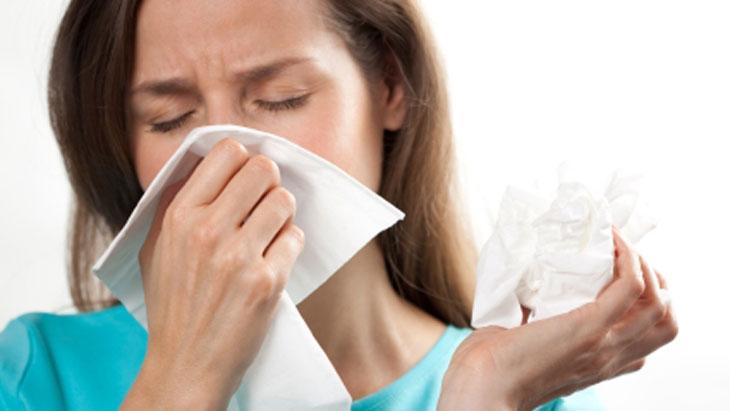In the process of traditional Chinese medicine diagnosis and treatment, observing the tongue coating is a routine step for assessing health conditions. The state of the tongue coating is directly related to an individual’s health status, so when the tongue coating suddenly becomes thick and is accompanied by oral odor, it may be a warning signal from the body, indicating that one should delve into the causes and take corresponding measures to promote bodily health.
This situation is often related to dysfunction of the spleen and stomach. The abnormal thickening of the tongue coating in the central area resembles a greasy texture and is accompanied by a relatively normal light red tongue color and a small amount of tongue coating, while bad breath emanates during speaking. These symptoms suggest that the spleen and stomach may not be functioning effectively, which in turn affects nutrient absorption and the regulation of moisture within the body, leading to a compromised self-cleaning mechanism of the tongue and increased accumulation of the tongue coating.
Persistent indigestion or rising stomach fire not only exacerbates the issue of bad breath but may also negatively impact an individual’s psychological state, as bad breath is often seen as an unpleasant factor in social interactions. Therefore, timely addressing this issue is particularly important.
Improvement strategies should start from daily habits: gently cleaning the tongue surface while brushing teeth to help reduce tongue coating thickness and bad breath; rinsing the mouth or lightly scraping the tongue surface after meals can also help alleviate the accumulation of tongue coating. However, the fundamental solution lies in nurturing the spleen and stomach.
Weakness of the spleen and stomach and an excess of internal cold are common triggers for thick tongue coating. Consuming warm, easily digestible foods, such as clear stewed lamb, onion scrambled eggs, ginger soup, and durian, can both warm the spleen and stomach and promote nutrient absorption, accelerating the recovery of spleen and stomach function. At the same time, one should avoid eating raw and cold foods to prevent overburdening the spleen and stomach.
Additionally, regularly performing abdominal massages, especially in the morning and evening, by doing simple circular motions on the abdomen while lying in bed until feeling warmth, can help enhance digestion and promote the expulsion of cold. This not only stimulates abdominal acupuncture points but also strengthens intestinal peristalsis, promotes bowel movements, and provides the spleen and stomach with opportunities for rest and recuperation.
Furthermore, strengthening the muscles of the waist and abdomen through exercises such as daily sit-ups can effectively improve gastric motility, accelerate metabolism, reduce the accumulation of internal cold, and simultaneously enhance the health of the spleen and stomach.
In summary, by adjusting dietary structure, maintaining good oral hygiene habits, and engaging in appropriate physical exercise, one can effectively address the issues of thick tongue coating and bad breath, thus promoting the recovery of the spleen and stomach as well as overall health.


